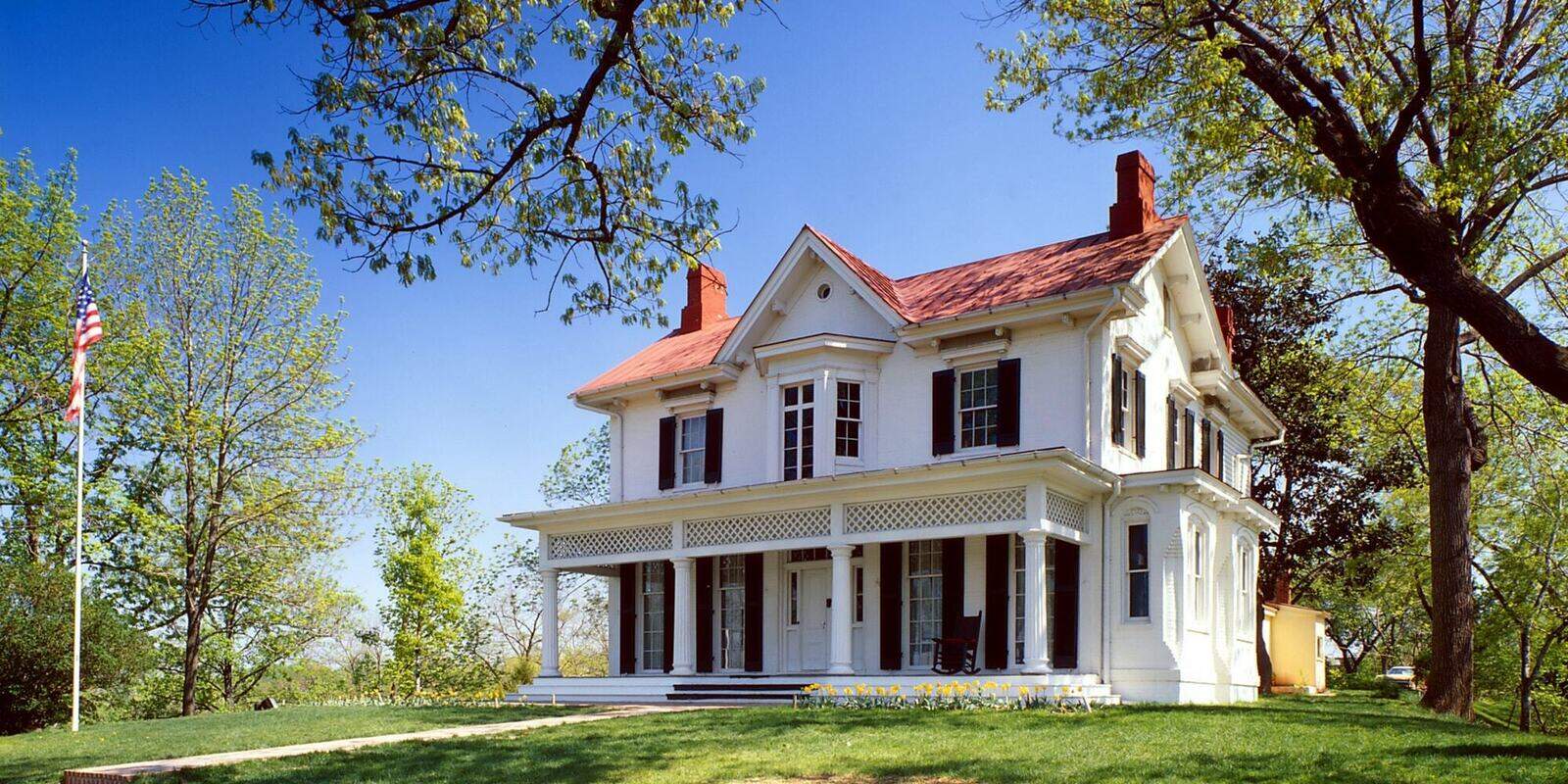Frederick Douglass National Historic Site – Washington DC’s Abolitionist Home

Have you ever wondered what it was like to walk in the footsteps of a great leader? The Frederick Douglass National Historic Site in Washington, DC, offers a unique glimpse into the life of one of America's most influential abolitionists. This historic home, known as Cedar Hill, was where Douglass spent his final years. Visitors can explore the rooms where he wrote, entertained guests, and reflected on his life's work. The site also provides stunning views of the city, making it a perfect spot for history buffs and casual tourists alike. Whether you're a student of history or just curious, this site offers something for everyone.
Discovering the Frederick Douglass National Historic Site
The Frederick Douglass National Historic Site in Washington, DC, offers a glimpse into the life of one of America's most influential abolitionists. This site, also known as Cedar Hill, was Douglass's home for the last 17 years of his life. Visitors can explore various parts of the property, each with its own unique story.
The House
Douglass's home is the centerpiece of the historic site. It has been restored to look as it did when he lived there, complete with period furnishings and personal items.
- Parlor: The parlor served as a gathering place for Douglass and his guests. It features original furniture and decorations, offering a peek into his social life.
- Library: Douglass's library contains many of his personal books and writings. This room reflects his dedication to education and intellectual growth.
- Dining Room: The dining room showcases the elegance of Douglass's home life. It was a place for family meals and entertaining important guests.
- Bedrooms: The bedrooms, including Douglass's own, are furnished to reflect the period. They provide insight into his personal life and daily routines.
The Grounds
The grounds of Cedar Hill are just as significant as the house itself. They offer beautiful views and a sense of the environment Douglass cherished.
- Garden: Douglass maintained a garden where he grew vegetables and flowers. This space highlights his connection to nature and self-sufficiency.
- Orchard: The orchard features fruit trees that Douglass planted. It symbolizes his efforts to create a sustainable and nurturing home environment.
- Porch: The porch offers a panoramic view of Washington, DC. Douglass often sat here, contemplating his work and the future of the nation.
Educational Programs
The site also offers various educational programs designed to teach visitors about Douglass's life and legacy.
- Guided Tours: Knowledgeable guides lead tours through the house and grounds, providing detailed information about Douglass's life and achievements.
- Workshops: Workshops focus on different aspects of Douglass's work, including his writings and speeches. These interactive sessions engage visitors in learning about his impact on American history.
- Special Events: Throughout the year, the site hosts special events such as lectures, reenactments, and celebrations of Douglass's birthday. These events offer deeper insights into his contributions to society.
Visitor Information
Before planning a visit, it's helpful to know some practical details to make the experience enjoyable.
- Hours of Operation: The site is open year-round, but hours may vary by season. Check the official website for the most current information.
- Admission Fees: Admission is free, but donations are welcome to support the site's preservation and educational programs.
- Accessibility: The site is accessible to visitors with disabilities. Special accommodations can be arranged by contacting the staff in advance.
Nearby Attractions
While in Washington, DC, consider visiting other nearby attractions to enrich your historical journey.
- Anacostia Community Museum: This museum focuses on the history and culture of African American communities in the DC area. It's a short distance from Cedar Hill.
- Smithsonian National Museum of African American History and Culture: Located on the National Mall, this museum offers extensive exhibits on African American history, including sections dedicated to Douglass.
- Lincoln Park: This park features a statue of Frederick Douglass, commemorating his contributions to the abolitionist movement. It's a peaceful spot for reflection.
The Frederick Douglass National Historic Site offers a comprehensive look at the life and legacy of a remarkable man. Each part of the site, from the house to the grounds, provides a unique perspective on Douglass's journey and his enduring impact on American history.
A Visit Worth Your Time
Frederick Douglass National Historic Site offers a unique glimpse into the life of a key figure in American history. Walking through his home, you can almost feel his presence and the impact he made on the fight for freedom and equality. The site is not just a museum; it's a powerful reminder of the struggles and triumphs that shaped our nation. Whether you're a history buff or just curious about the past, this site provides valuable insights and inspiration. Don't miss the chance to explore the home of one of America's greatest abolitionists. It's a visit that will leave you with a deeper understanding of our history and a renewed appreciation for the freedoms we enjoy today. Make sure to add this historic site to your Washington DC itinerary. You won't regret it.

